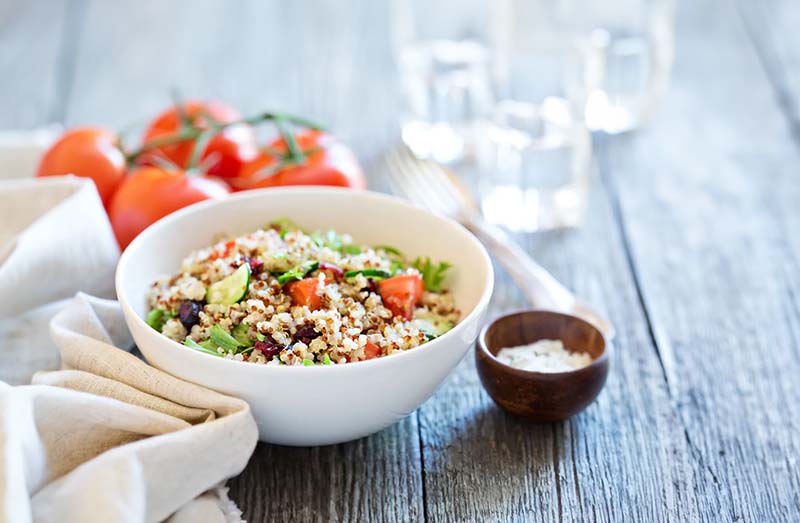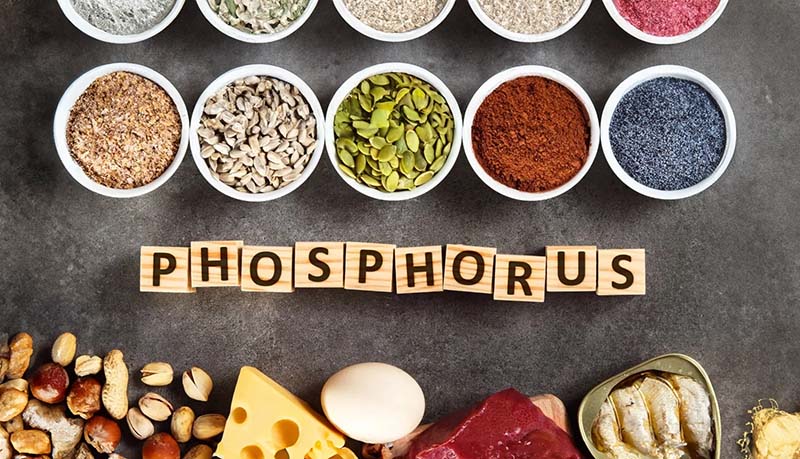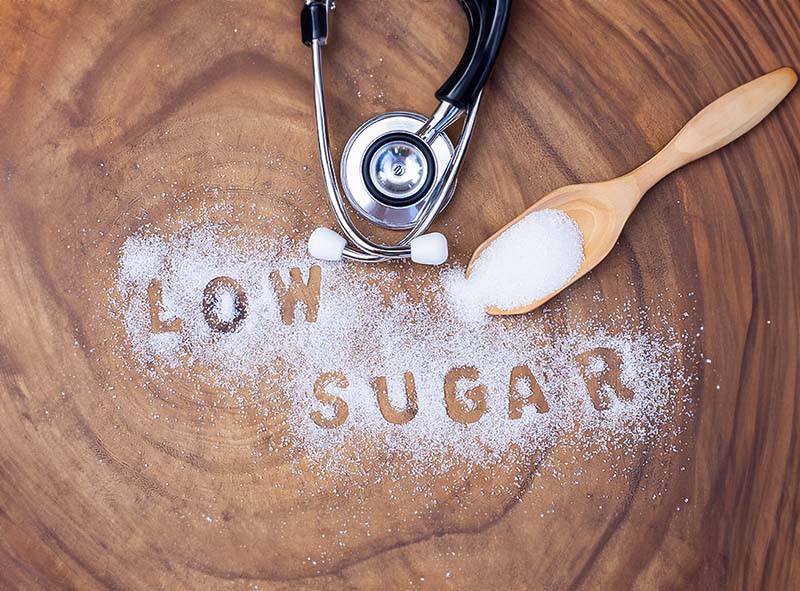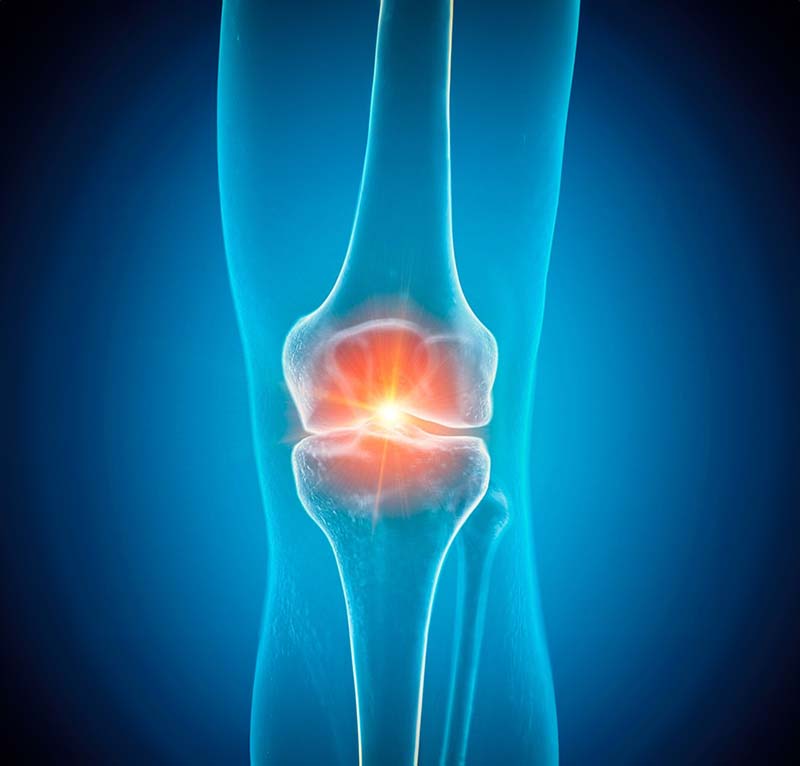Quinoa, a small seed, is famous for being really healthy and is great for people looking to lose weight. As more people want to eat healthier, quinoa has become a popular choice because it’s full of good nutrients and aids our weight loss journey.
It’s easy to mix into lots of different meals, which makes it a handy and healthy addition to your diet. Also, since quinoa is rich in protein, it’s very popular among people who don’t eat meat or animal products, making it an important food for lots of health-conscious folks.
Related articles
- Are Oysters Good for Weight Loss? Benefits & Risks.
- Is Pumpkin Good for Weight Loss? The Surprising Truth.
- Is Salmon Good for Weight Loss? The Superfood Truth.
Is Quinoa Good for Weight Loss?
Quinoa is a great food for anyone looking to lose weight. It’s loaded with dietary fiber, which is about five grams in each cup when cooked. This fiber helps your gut stay healthy and can help you manage your weight. Eating fiber-rich foods like quinoa makes you feel full for a longer time, so you’re less likely to eat too much.
Quinoa is also packed with protein, offering eight grams for every cooked cup. It’s a complete protein, which means it has all nine essential amino acids that your body needs. Eating foods high in protein can help reduce your appetite and lower the total amount of calories you eat, which is helpful for losing weight.

Tip: Try adding quinoa to your breakfast instead of regular cereal. It’s a great way to start your day, and the high protein and fiber in quinoa can keep you from getting hungry before lunch, helping you stick to your weight loss goals.
Nutritional Benefits of Quinoa
Quinoa, often pronounced KEEN-wah, is a crop known for its edible seeds, which are commonly referred to as quinoa. Unlike typical cereal grains such as oats and barley, quinoa falls into a unique category known as pseudocereals. This means it’s actually a seed but is cooked and eaten like a grain. Other seeds in this category include buckwheat and amaranth.
There are several varieties of quinoa, including red, black, and white. Each type offers a rich nutrient profile. Let’s take a closer look at the nutrient breakdown of a cup of cooked quinoa (185 grams) provides:
- Calories: 222
- Protein: 8 grams
- Fat: 3.55 grams
- Carbohydrates: 39 grams
- Fiber: 5 grams
- Folate: 19% of the Daily Value (DV)
- Vitamin B6: 13% of the DV
- Vitamin E: 8% of the DV
- Copper: 39% of the DV
- Iron: 15% of the DV
- Zinc: 18% of the DV
- Manganese: 51% of the DV
- Magnesium: 28% of the DV
- Potassium: 7% of the DV
- Phosphorus: 22% of the DV

Quinoa is a valuable source of several essential nutrients, including folate, magnesium, zinc, and iron. Its high content of fiber and protein makes it an excellent food for promoting a feeling of fullness, which can be beneficial in various diets and health regimens.
Why Is Quinoa Effective For Weight Management?
Quinoa is highly effective for weight management for several reasons:
Rich in Protein, Unlike Many Grains
Quinoa provides about 8 grams of protein per cooked cup (185 grams). It’s often considered a nearly complete protein because it contains all nine essential amino acids, although in varying amounts. This protein richness is particularly beneficial for those on plant-based diets. You can create a protein-packed meal by combining quinoa with beans, tofu, or vegetables.
Abundant in Dietary Fiber
With about 5.18 grams of fiber per cup, quinoa surpasses many other grains in fiber content, including brown rice. This high fiber content aids in digestive health, promotes regular bowel movements, and supports the growth of beneficial gut bacteria. Fiber also helps in feeling full, which can control portion sizes and reduce overall calorie intake.
High Manganese Content
Quinoa is rich in manganese, an essential nutrient for bone health, reducing inflammation, and supporting hormone health, including thyroid function. Adequate manganese intake is linked to lower levels of abdominal obesity.
Versatile Pairing with Various Vegetables and Meats
Quinoa’s versatility makes it a great substitute for rice in various dishes. Its compatibility with a range of vegetables and meats enhances satiety, especially when combined with lean proteins. Note that some quinoa types may need rinsing to remove bitter-tasting saponins, though many brands come pre-rinsed. Sprouted quinoa is also available, which may improve nutrient absorption.
Low Sugar Content
Quinoa is lower in sugars than refined grains. Consuming foods with lower sugar content helps in maintaining stable blood sugar levels, healthy insulin responses, and avoiding extra calorie intake that hinders weight loss.

Low in Calories
A half-cup of cooked quinoa contains just 120 to 130 calories, making it an excellent choice for those monitoring their calorie intake
Potential Health Advantages of Quinoa
Quinoa is a powerhouse of nutrients with a range of health benefits that make it a valuable addition to your diet:
Possible Anti-Cancer Properties
Research, such as a 2021 study in Food Frontiers, highlights the presence of bioactive compounds in quinoa, including phenolic compounds, polysaccharides, and saponins. These have been shown to have anti-inflammatory and antioxidative effects. Polysaccharides, in particular, may help protect cells and prevent certain types of cancer, like liver and cervical cancers. However, it’s important to note that more research is needed to fully understand these effects in humans.

Potential Inflammation Reduction
Quinoa is also rich in other antioxidants like flavonoids and polyphenols. According to a 2019 analysis in Food Science & Nutrition, these compounds can protect cells from oxidative damage and reduce inflammation.

Capability to Regulate Blood Sugar Levels
A 2022 study in Nutrients found that consuming quinoa could significantly reduce blood glucose levels and promote slight weight loss in older individuals with pre-diabetes. The protein and fiber in quinoa contribute to its low glycemic index, and phenolic compounds help slow down carbohydrate digestion, preventing high blood sugar spikes after meals.

Potential Aid for Digestive Comfort
Quinoa’s high fiber content is essential for healthy digestion. This fiber can also support the growth of beneficial bacteria in the gut, enhancing overall gut health.
Suitable for Individuals with Celiac Disease
For those with celiac disease or gluten intolerance, quinoa is an excellent gluten-free alternative. A 2020 proceedings study notes that quinoa seeds contain a gluten-free protein that is rich in amino acids. Malting the seeds can further enhance nutrient absorption.
Potential Prevention of Anemia
Iron deficiency is a common cause of anemia, characterized by fatigue, dizziness, and weakness. Quinoa can be a crucial part of a diet for those who need more iron, especially for vegans and vegetarians. It helps in building up the essential mineral in the body, as mentioned in a 2023 entry in StatPearls.
Potential Adverse Effects of Quinoa
While quinoa is generally safe and beneficial for most people, there are a few potential adverse effects to be aware of:
- Saponins Content: Quinoa seeds are naturally coated with phytochemicals called saponins. These play a defensive role in plants, protecting them from herbivores and diseases. Saponins give quinoa a bitter taste and can cause gastrointestinal issues if consumed in large amounts. It’s important to wash quinoa thoroughly before cooking to reduce the saponin content.
- High Oxalates: Quinoa belongs to the Chenopodiaceae family and is high in oxalates. For individuals sensitive to oxalates or those with a history of kidney stones, especially those with high oxalate levels in their urine, quinoa might not be the best dietary choice. Oxalates can contribute to the formation of kidney stones.
- Contains Phytates: Like many grains and cereals, quinoa contains phytates, which can interfere with the absorption of minerals such as iron and zinc. This can be particularly important for individuals with mineral deficiencies or those who rely heavily on plant-based diets for their mineral intake.
Conclusion
In conclusion, quinoa proves to be an excellent food choice for those pondering, “Is quinoa good for weight loss?” This nutrient-rich superfood offers a multitude of health benefits, from aiding in weight management to being a robust protein source for vegans and vegetarians.
Its versatility in various dishes makes it a valuable addition to any diet. We’d love to hear how quinoa has impacted your health journey! Share your stories with us and explore more insightful articles at HealthConnect for a deeper dive into the world of health and nutrition.

Dr. Joyce Slater: Your Guide to Informed Health Choices
Dr. Joyce Slater shines as a distinguished expert in the field of nutrition and public health. Contributing her vast expertise to HealthConnectbc, she embodies a deep-seated passion for enhancing public well-being. As a respected figure in her field. Dr. Slater’s academic journey and professional achievements are nothing short of inspirational.
Holding a significant position as a researcher and educator, Dr. Slater has delved deeply into the intricacies of food literacy and nutritional science. Her work, prominently featured in numerous esteemed scientific publications, underscores her dedication to expanding our understanding of food’s role in health and society.
At the heart of Dr. Slater’s professional ethos is a profound desire to positively impact individual lives through education and research. She often says, “Empowering people with the knowledge to make healthier choices is the most rewarding aspect of my work.” This principle is the cornerstone of her involvement with HealthConnectbc, where she strives to provide reliable and practical health advice.
Dr. Slater’s contributions to HealthConnectbc are multifaceted: academically, she offers insights into the complex world of nutrition and health, enhancing both public understanding and professional practices. Additionally, she is instrumental in guiding and inspiring the next generation of health professionals, thus fostering future excellence in the field.
Juggling rigorous research with her educational duties, Dr. Slater demonstrates an unwavering commitment to her profession. Her approachable nature and genuine concern transcend the confines of academia, touching the lives of everyone she interacts with. Dr. Slater looks forward to continuing her journey of discovery and education, dedicated to the ongoing improvement of public health and nutrition.
At HealthConnectbc, Dr. J. Slater is not just a contributor; she is a guiding light, dedicated to enlightening and motivating individuals towards a healthier and more informed lifestyle.
PUBLISHED ARTICLES
- Food literacy competencies: A conceptual framework for youth transitioning to adulthood (2018)
- Self-perceived eating habits and food skills of Canadians (2016)
- Challenges to acquiring and utilizing food literacy: Perceptions of young Canadian adults (2016)
- Socio-demographic and geographic analysis of overweight and obesity in Canadian adults (2009)
- Sustainable well-being: Concepts, issues, and educational practices (2014)

